How to be more active
Regular physical activity is good for our bodies and minds, but it can be difficult to get started – especially if we're not particularly sporty or have not done any exercise for a while.
Here are some simple ideas to build more activity into your day, tips to stick with it and free exercise plans to help you get going.
Ways to increase activity in daily life
Not all of us are naturally sporty and it can be hard to know where to begin.
Start small by finding easy ways to fit more activity into your daily life and build up from there. For example:
- stand rather than sit when you can, like on train or bus journeys, or try getting off the bus a stop or two early and walking the rest of the way
- if you have to drive somewhere, park a little further away than you need to – even just the far end of the car park adds a little extra activity
- take the stairs instead of the lift or walk up escalators when you get the chance
- try making the school run a school walk or school cycle a few times a week

Get into a routine
Every bit of extra activity you do matters, no matter how big or small. But the more you do, the more you benefit.
That's why finding a way to make lasting changes and increase your activity levels in the long term can make a real difference to your life.
Here are 6 ways you can make a routine of being active.
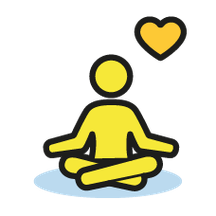
Find something you enjoy
You're far more likely to stick with something if you enjoy it. Give one of the exercise plans below a go, or try searching for an online programme.
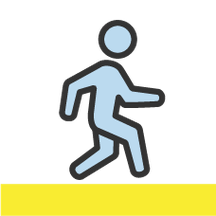
Track your progress
Whether it's steps, distance or active minutes, setting a daily target and hitting it will feel great! Tracking apps – like the NHS Active 10 app or a health app on your phone – can help, but even just a checklist on a piece of paper will do.
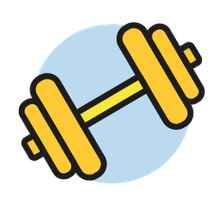
Go from strength to strength
Strength-building activities – like carrying heavy grocery bags, or an online pilates or strength workout video – help keep muscles, joints and bones strong. Aim to do this at least twice a week.

It's better together
If your friends and family want to be more active too, try engaging everyone's competitive side with challenges like seeing who can do the most steps or cover the most distance in a day.
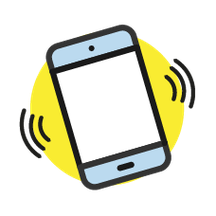
Get into a good habit
Set a reminder (you could use the alarm or timer on your phone) to get up and move every 30 minutes during the day. Try stretching during TV ad breaks or pacing around the kitchen while the kettle's boiling.
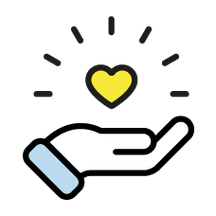
Reward yourself
Set yourself activity goals and rewards. You could go for a long walk then treat yourself to an episode of your favourite TV show.
Free exercise plans for beginners
As well as being generally more active, you could set aside a few days a week for more structured exercise.
The following plans are free and all designed for people who may not have been active for a while.
Before you start, think about where and on which days you're going to exercise, and when in the day you can fit it in. A little prep can be the difference between getting going or making excuses not to.
Good luck – let's do this!
NHS Active 10 app
Track and build up your daily walks – start with 10 minutes every day!
NHS Couch to 5K app
A running app for absolute beginners, as well as recent Couch to 5K graduates.
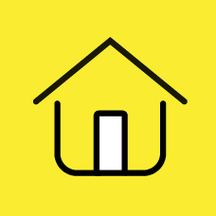
Home workout videos
Follow along with our home workout routines – no equipment needed!
Try a home workout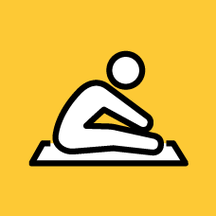
NHS Fitness Studio videos
Pick from 23 instructor-led videos across a range of exercise categories.
See Fitness Studio videos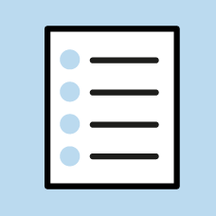
NHS exercise guides
Exercise guidelines and workouts to help improve your fitness and wellbeing.
Browse the guidesWhy physical activity is important
Being active is great for your physical and mental health – not only can it help manage stress, ease any joint or back pain and boost your energy levels, but it can also improve sleep and lift your mood.
We also know that people who increase their physical activity alongside improving their diet are often more successful at losing weight and keeping it off.
At least 150 minutes of moderate-intensity activity over a week (around 20 minutes or so a day) is recommended, but every minute counts, so start gradually and build up from there. Some is good, and more is better!
Did you know?
Moderate-intensity exercise is any activity that raises your heart rate, and makes you breathe faster and feel warmer – like brisk walking, dancing, riding a bike or pushing a lawnmower.
One way to tell if you're exercising at a moderate level is if you can still talk but you cannot sing.

